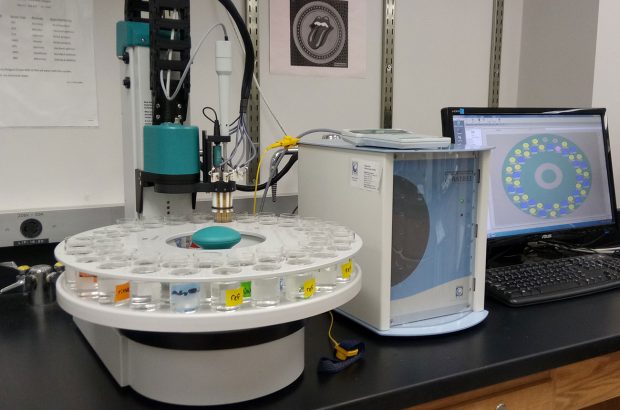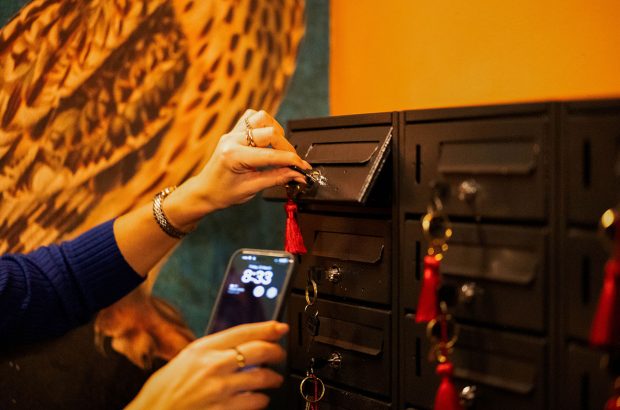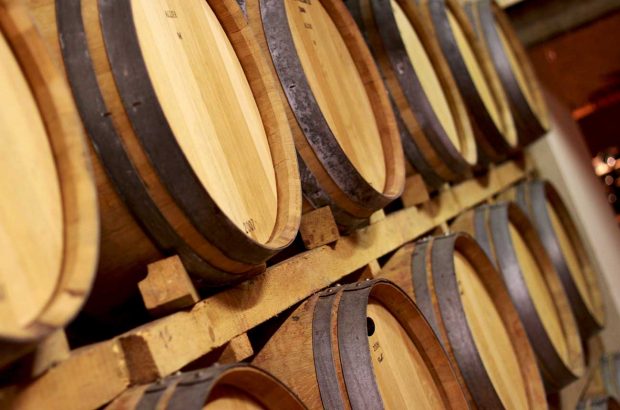French scientists have developed a technique that detects fake wines using similar methods to those used in the fine art world.
Using a particle accelerator, the process works by measuring the radiation emitted when a wine bottle is placed under an ion beam.
The results reveal the age of the bottle, and the wine within it. This data is then compared to results from bottles known to be authentic (those stored in the cellars of the chateaux themselves). Any differences would indicate a potential forgery.
The technique was developed by Arcane, a nuclear study centre in Bordeaux which has just signed a 10-year exclusive cooperation contract with London’s Antique Wine Company, a merchant that specialises in older vintages.
Stephen Williams of Antique Wine told decanter.com that he has invested £100,000 in the project over the past year. He has opened an office in Bordeaux to concentrate on building up the database of ‘proven’ bottles.
‘There is an existing database with 100 to 150 examples, and we now need to build up the benchmarks,’ he said. ‘We are in discussions with a number of cru classé wines. It’s obviously a niche market, but very important, and should be ready by 2009.’
Written by Jane Anson in Bordeaux




